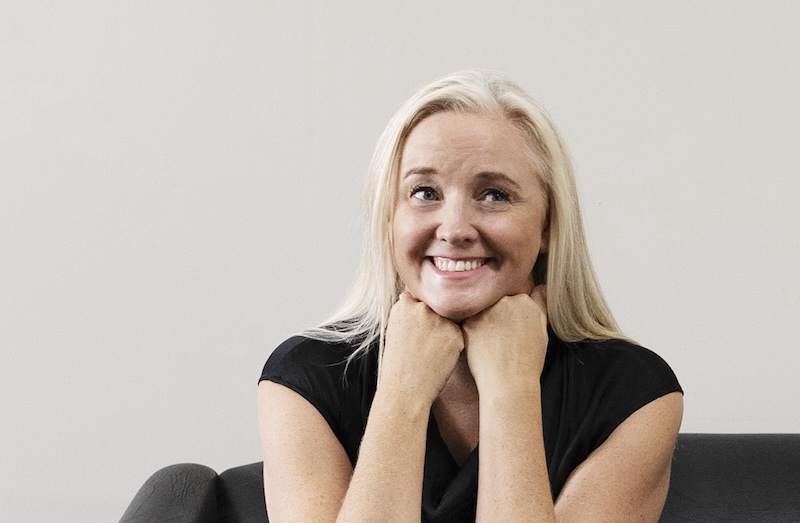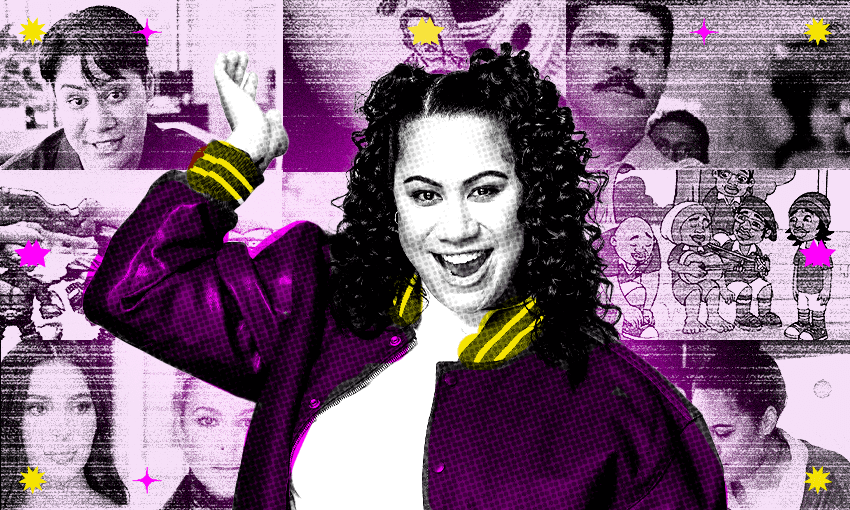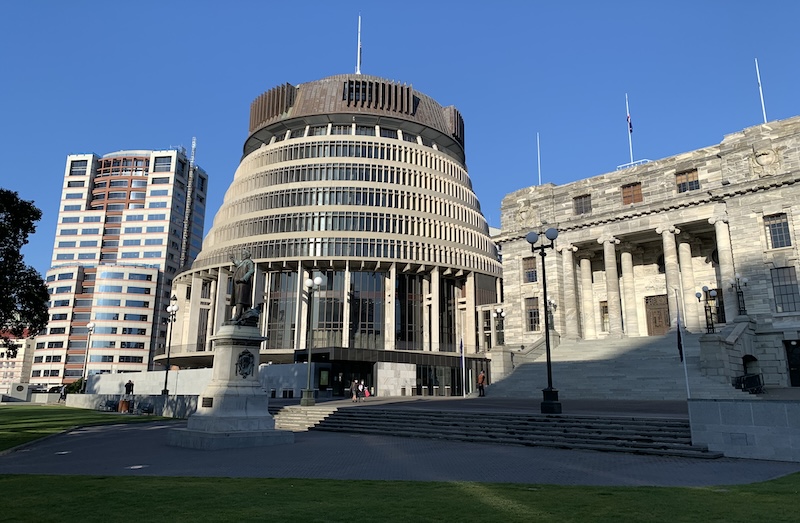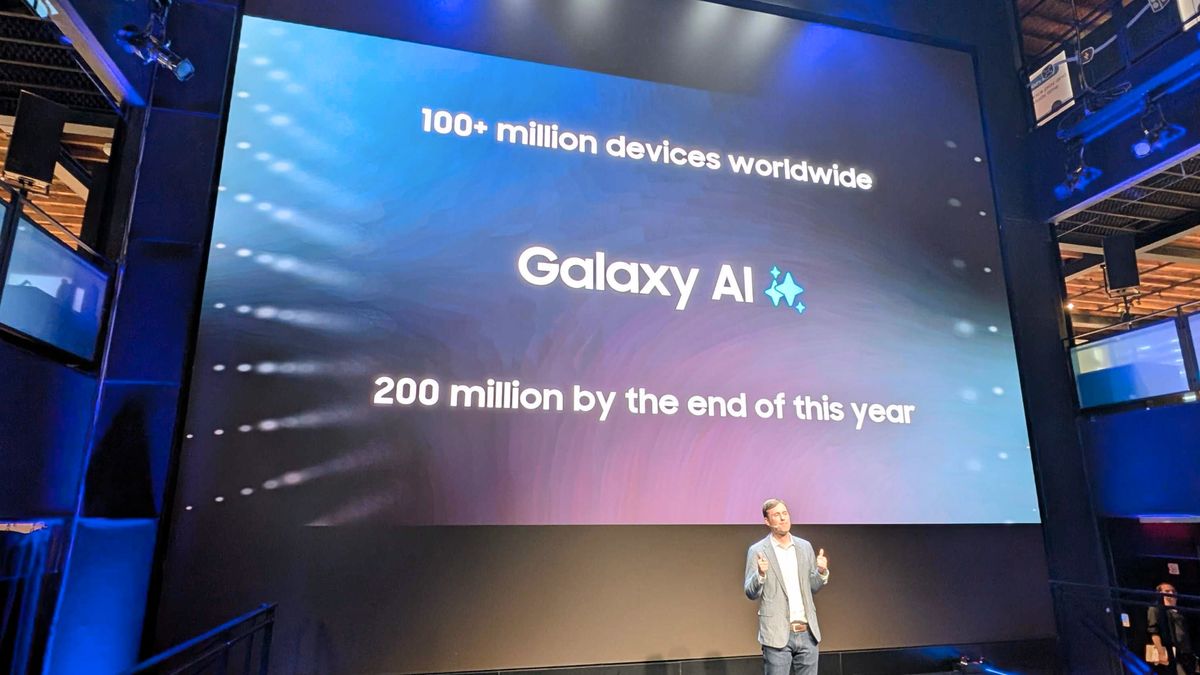Bowel Cancer New Zealand is calling for a clear plan from
Te Whatu Ora Health New Zealand to fix worrying delays
facing younger patients in accessing much-needed diagnostic
screening – delays made worse by the COVID-19
pandemic.
In launching its Never Too Young campaign
for the fifth year, Bowel Cancer New Zealand (NZ) says a
lack of sufficient resources for diagnostic endoscopy is
causing public waiting lists in some parts of the motu to
spiral, placing extra stress on GPs seeking to refer
patients with bowel cancer symptoms.
Bowel Cancer NZ
Medical Advisor Professor Frank Frizelle says the burden of
COVID-19 on the health system has not just discouraged
patients with symptoms from wanting to bother their busy GP
and risk possibly catching the virus, but has exacerbated
already over-long public waiting lists for investigative
colonoscopies, seen operating lists cancelled and put
pressure on theatre and staff capacity – at a time when
bowel cancer is rising in younger patients at a concerning
rate.
“GPs and health professionals need to be able
to refer patients with worrying symptoms no matter how
young, and have the confidence they’ll get timely access
to specialist assessment and appropriate investigation in a
timely manner. Right now that’s not the case, with many
patients facing unacceptable delays due to waiting time
deferments and a lack of resource, exacerbated by staff
shortages and sickness secondary to the impact of COVID-19.
Right now many GPs have valid concerns that younger patients
they refer for public hospital investigation will be denied
assessment due to their youth and perceived lower risk. We
are asking Te Whatu Ora to prioritise improvements to
colonoscopy resource and capacity nationwide without further
delay.
“We know that bowel cancer is increasingly
prevalent in younger people in New Zealand. Research shows
colon cancer has risen by 14 per cent in men and rectal
cancer by 18 per cent in men under 50 alone in the past
decade. In the next decade, it’s estimated that one in ten
colon cancers and 1 in 4 rectal cancers will be diagnosed in
adults younger than 50.”
More than 3000 New
Zealanders are diagnosed with bowel cancer, and 1200 die
from the disease each year – 350 of those diagnosed are
aged under 50.
Bowel Cancer NZ General Manager Rebekah
Heal says the charity welcomes government plans to lower the
bowel cancer screening age from 60 to 50 for Māori patients
in an effort to improve earlier detection of the disease.
However Bowe Cancer NZ would like to see the lower age
policy extended to include all New Zealanders from 45*
onwards.
“We know that 22 per cent of bowel cancers
in Māori patients are picked up when they are aged in their
fifties so it’s vital the move to lower the screening age
is prioritised for them. However 12 per cent of all bowel
cancers diagnosed in Aotearoa New Zealand every year are in
those aged 50 to 59, making this decision vital for hundreds
of patients and their whānau. We mustn’t forget that
Aotearoa New Zealand has a high rate of bowel cancer,
costing as many lives as breast and prostate cancers
combined.”
Auckland’s Anna Heritage-Sao says she
was “dumbfounded” when told she had bowel cancer at age
32, two years ago.
The HR professional says she ended
up in ED after experiencing excruciating back pain,
discharged with a diagnosis of a possible kidney stone. Her
GP then referred her for a CTs scan.
“I went into
the scan relatively relaxed. But an hour later I got a call
from my GP practice saying my doctor wanted to see me
urgently. A week later I had an urgent colonoscopy and could
tell immediately from the surgeon’s reaction that
something was wrong. He asked for my husband to come up. We
were told I had a tumour in my bowel and he was ninety-nine
per cent sure it was cancerous.
“I was in shock
really. I mean, cancer … at 32 .. really? I couldn’t get
my head around it, as I didn’t feel sick at all, but of
course that’s the thing with bowel cancer, it’s called
‘the silent killer’ for that very reason.”
Anna
had surgery to remove the 6 centimetre tumour and is now
cancer-free. She’s a passionate advocate for Pasifika
health and for encouraging adults of all ages to get any
worrying symptoms checked out immediately. She says she’s
had friends and family visit their GP with bowel cancer
symptoms yet be told they don’t need further investigation
due to the fact they’re too young to likely have it. One
friend, she says, was referred by her GP for a public
hospital colonoscopy but declined, due to her youth and
perceived low risk.
Bowel Cancer NZ says it’s Never
Too Young campaign stresses the importance of not just
health professionals considering a potential diagnosis of
bowel cancer when seeing a younger patient, but for the
patient themselves to be much more aware of the key signs
and symptoms.
“Never Too Young drives home how vital
it is for every New Zealand adult to know the symptoms of
bowel cancer. These include bleeding from the bottom, a
change of bowel habit, any lumps in the stomach, fatigue or
tiredness, anaemia and unexplained weight loss,” says
Rebekah Heal.
We urge all health professionals to
consider referring patients for further investigative tests
without delay, no matter their age, if they present with
rectal bleeding, a change of bowel habit and stool
consistency. With 90 per cent of bowel cancers treated
successfully when picked up quickly, early detection is a
life saver.”
* Journal of the National Cancer
Institute, Volume 109, Issue 8, August 2017, djw322,
Colorectal Cancer Incidence Patterns in the United States,
1974–2013 ,
https://doi.org/10.1093/jnci/djw322
© Scoop Media





















Discussion about this post